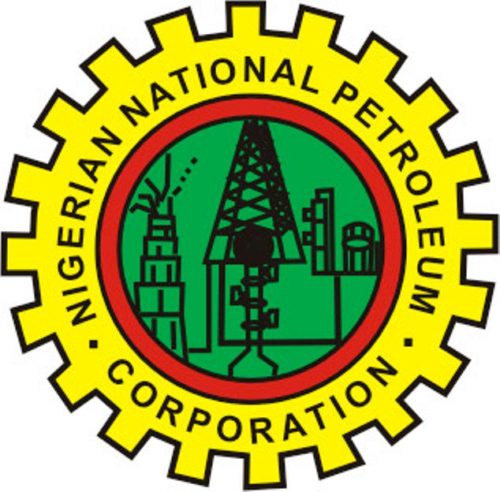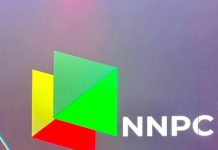At a time when national oil companies across the world are launching Initial Public Offerings (IPOs) and raising capital from public investors to outsmart the volatility in the oil and gas industry, the Nigerian National Petroleum Corporation (NNPC) remains unprepared to list on the Nigeria Stock Exchange despite entering the mode three years ago.
When it came on board, President Muhammadu Buhari-led administration hinted at listing the corporation on the stock market as a way of doing away with its losses.
Referred to as a perpetual loss-making entity, the NNPC, unlike other state-owned oil firm recorded losses in the region of N600b from January 2015 to December 2018.
Details of financial records published on the company’s website revealed that it repeatedly failed to meet projected profits, as its subsidiaries, particularly the refineries, running cost of the headquarters, and other arms always lead to whopping deficits. In the midst of this, the corporation’s financial dealings are opaque, its operations inefficient, just as it lacks transparency and accountability.
Just recently, Saudi Arabia’s Saudi Aramco got listed on Tadawul- Saudi Arabia’s stock market with an initial public offering (IPO) valued at about $2t.
It is now regarded as the biggest in history as it comfortably overtook Apple Inc. (AAPL.O) as the world’s most valuable listed firm, and also beating Alibaba Group Holding Ltd’s record of $25b listing in 2014.
The acting Director-General, Securities and Exchange Commission (SEC), Mary Uduk, had said the organisation was looking to attract the NNPC and the Nigeria LNG to the Nigerian Stock Exchange (NSE) following successes recorded in the dual listing of the shares of MTN Nigeria and Airtel.
But stakeholders, who believe that the NNPC has huge assets and value, which if well managed could bring a huge returns for the country’s economy, noted that there was a lot of work to be done to put the company on the right tract.
However, the move may never happen unless the Federal Government takes strategic and timely decisions on issues bedeviling the corporation.
While Buhari sent a fact-finding delegation to Saudi Arabia, suggesting interest in going the way of Saudi authorities, and also adopting aspects of Aramco’s businesses, some stakeholders insist that the current structure and state of the NNPC were far from meeting the standards needed to go public.
For instance, they noted that a company making efforts to go public would, not sell petroleum products at N145 when it costs above N180 at the international market, stressing that there must be a level of readiness within the management of the corporation, which clearly shows that the organisation is actually preparing to be listed.
For Saudi’s Aramco, the success story is years-long strategic and futuristic planning, which involved investing in Europe, America, and other places and running a world-class firm devoid of sentiments, federal character, tribalism or religion.
A visit by The Guardian to the firm along with key stakeholders from Nigeria earlier this year showed a workforce hired from across the world, including Nigerians in some key positions. Its operations were fully automated, and unlike Nigeria, projections as much as 20 years were known, while financial and operational records were audited on time and open with hedged risk.
Programme Coordinator of the Nigeria Natural Resource Charter (NNRC), Tengi George-Ikoli, expressed optimism that NNPC could be as profitable as Saudi Aramco, but there was a compelling need to revise the model of the company.
“Some areas that come to mind are the lack of clarity of NNPC’s commercial roles muddled with regulatory roles and its limited capacity to raise external funding due to its current structure,” she said.
George-Ikoli noted that the Petroleum Industry Governance Bill (PIGB), by clearly delineating the regulatory and commercial roles, and encouraging commercial efficiency provided a somewhat solution that would make going public seamless, but the bill is still in limbo after being denied assent by the President last year.
George-Ikoli said: “The hope is that the PIB anticipated in the first quarter of next year would propose a national oil company that could grow to be as profitable as other national petroleum companies.”
Lead, Extractives and Open Data, Policy Alert, Iniobong Usen, also believes that the foundation for any IPO for the NNPC must begin with a strong organisational overhaul, which could start with the PIGB.







